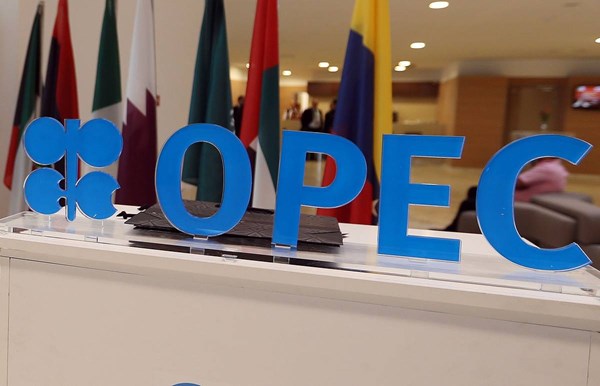Russia announces plans to withdraw from OPEC+
In 2020, Russia will consider the possibility of withdrawing from its agreement with the OPEC countries, according to which the largest oil producing countries must reduce their production in order to support oil prices by preventing excess supply.
The OPEC+ deal, first signed at the end of 2016 and extended five times since then, becoming the first coordinated step between Russia and Saudi Arabia in more than 20 years, will not be permanent, Russian Energy Minister Alexander Novak told the TV channel Russia 24 in an interview.
The decision to reduce production “showed its positive result over 2017-2019”, said Novak: “For the first time in history, OPEC and non-OPEC countries reached an agreement, and we have seen the market react well to such agreements: volatility has gone down, and investments have returned to the sector, and it seems to me that the prices emerging on the market are satisfactory both to consumers and to producers”.
Compared to $27 per barrel at the start of 2016, Brent oil shot up to $86 in October 2018. Although this level was not seen again in 2019, prices remained between $60 and $70, despite the China-US trade war, the first decrease in global trade since 2009, and the lowest oil demand growth in 10 years.
Nevertheless, the reduction of production is “not a permanent process”, Novak emphasized.
“We will still need to gradually make a decision to withdraw, in order to preserve our market share, and so that our companies can promote and implement their future projects. I think that we will consider this, even this year,” the minister added.
Russia must hurry to develop its remaining profitable oil reserves (roughly half of them according to the Energy Ministry’s estimates) before the global demand for hydrocarbons starts to decline, warned Pavel Zavalny, chairman of the State Duma energy committee.
The Russian Energy Ministry expects global demand to decline within the next decade or so. “We predict the growth of the global oil demand to slow down after 2025, with a possible peak demand in the early 2030s,” says the Energy Strategy 2035, which the department published on Thursday.
However, Russia’s de facto participation in the OPEC+ deal is a sham. While the other countries in the cartel reduced production from 32 million barrels per day in 2017 to 29.6 million now, Russian oil producers have set a new production record, said Novak.
By the end of 2019, Russia’s production had grown by 0.7% to 560 million tons, he noted. Russia was able to cheat its Middle Eastern partners thanks to a good comparison base (according to the OPEC+ deal, production must be reduced compared to October 2018 levels), and through a direct breach of its commitments.
According to the Energy Ministry, in 2019 Russia only met its quota (reduction to 228,000 barrels per day) on two occasions, and during the months when the Druzhba pipeline was down due to chloride-contamination of the oil.
